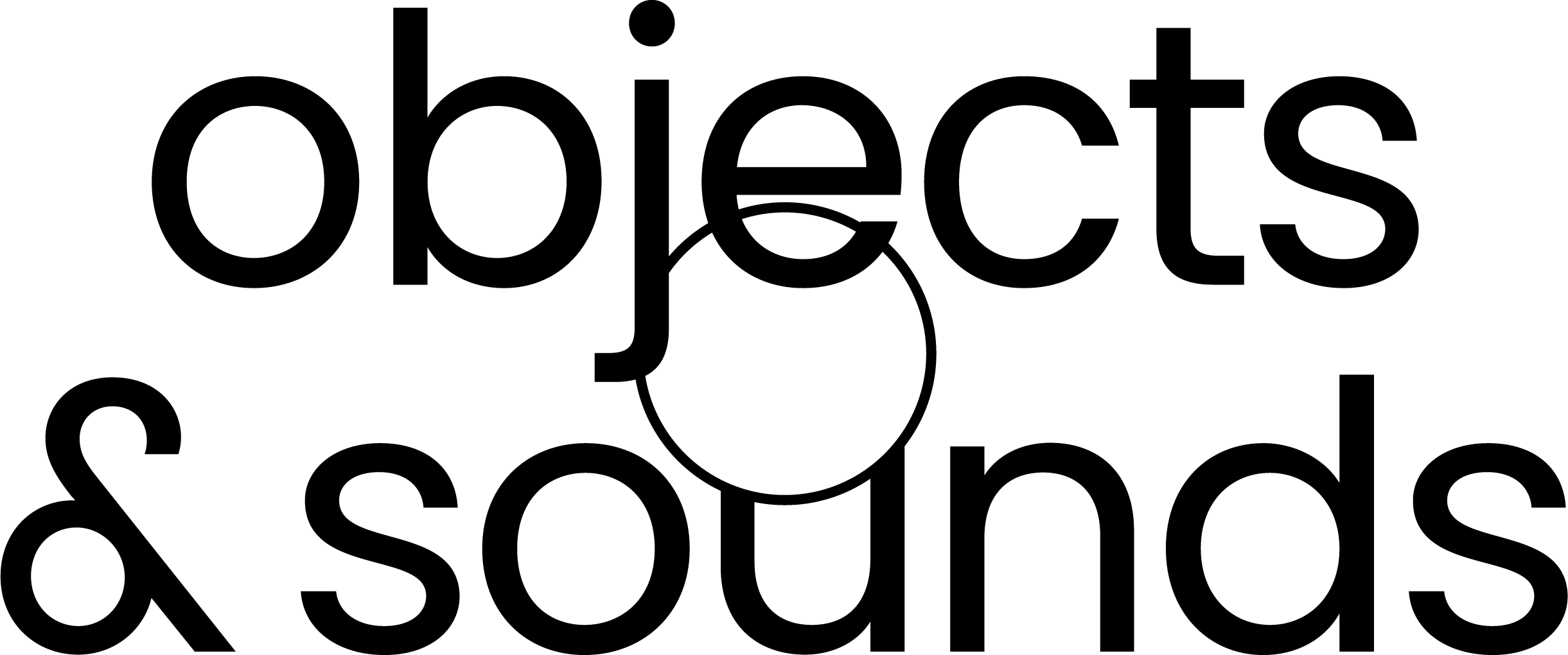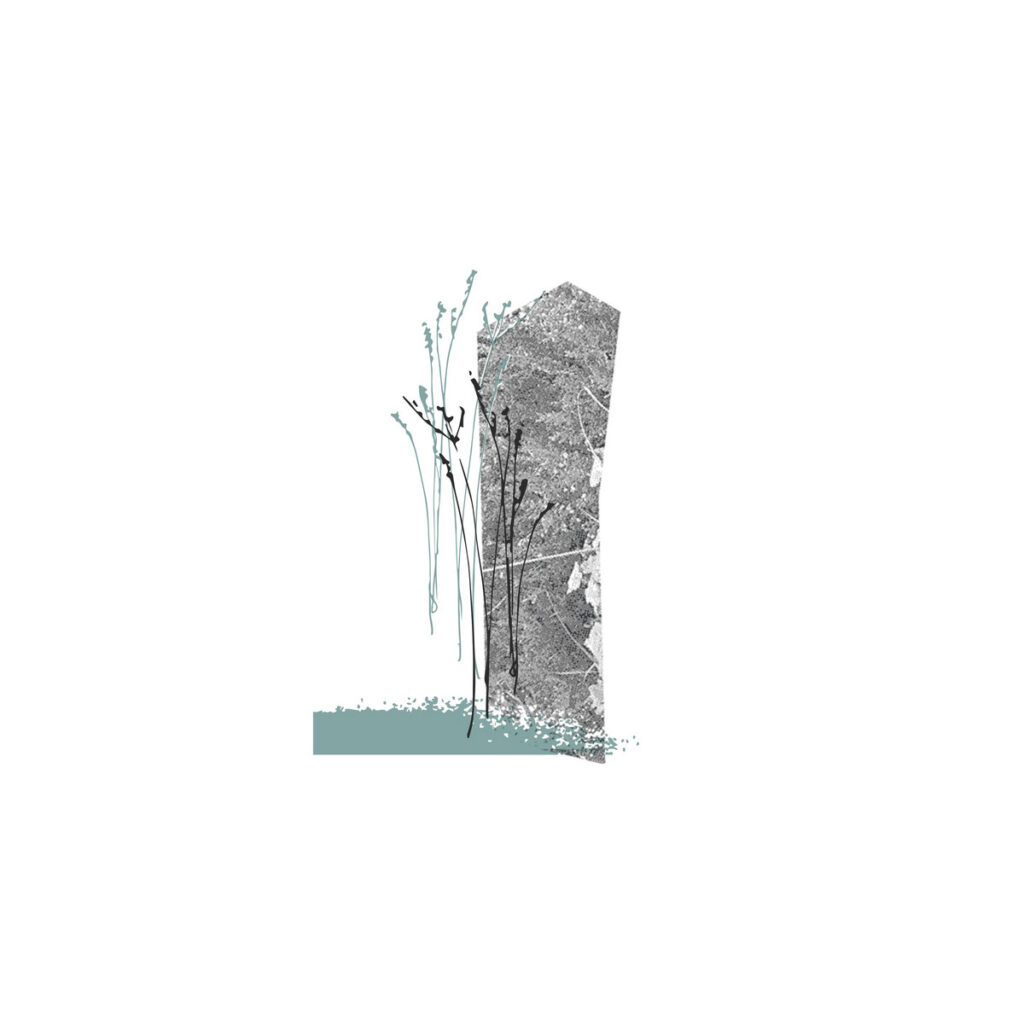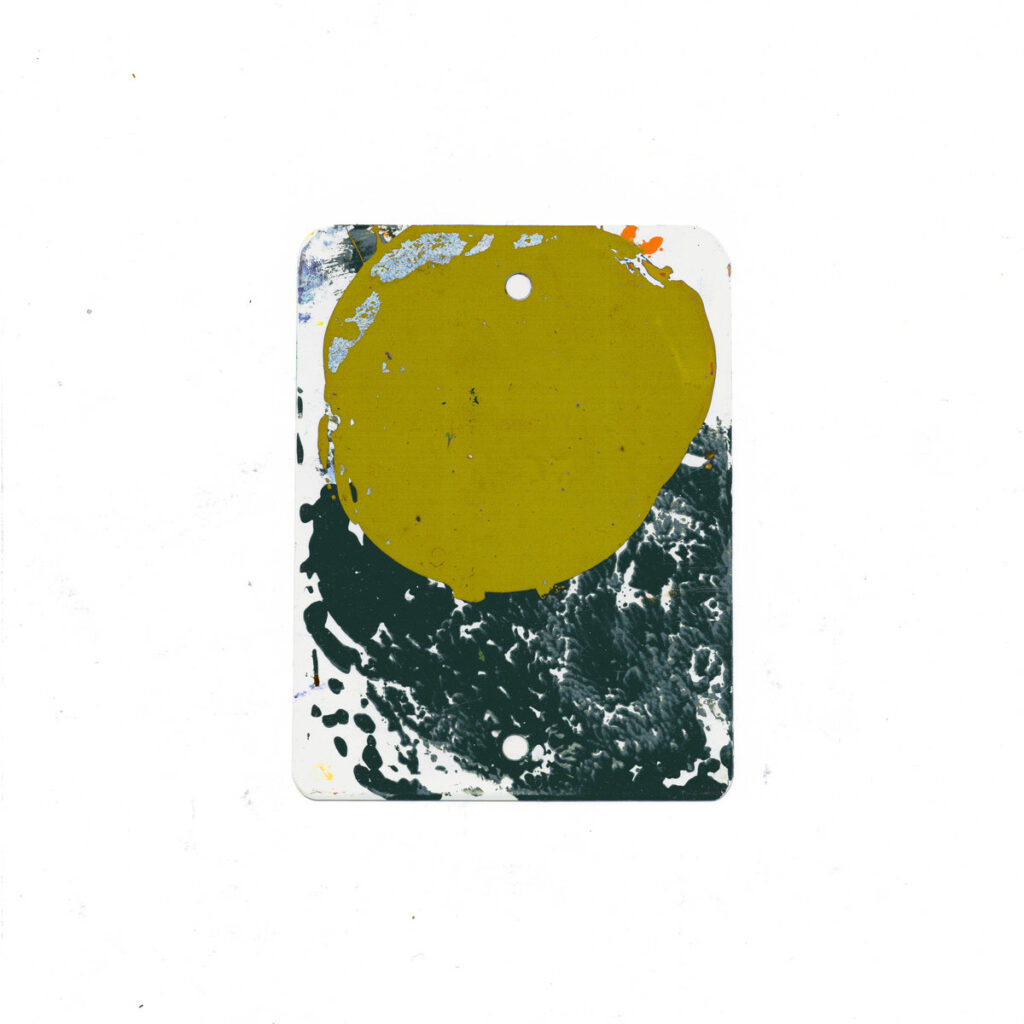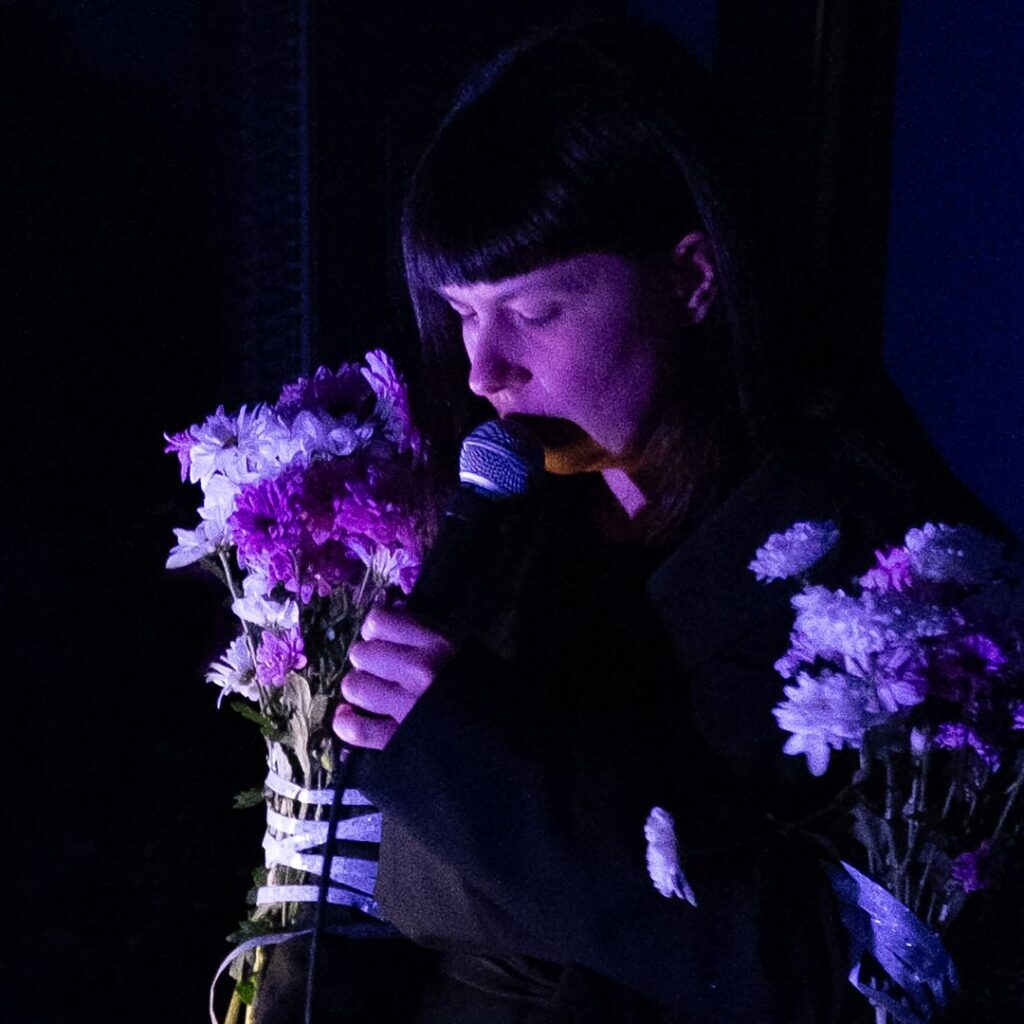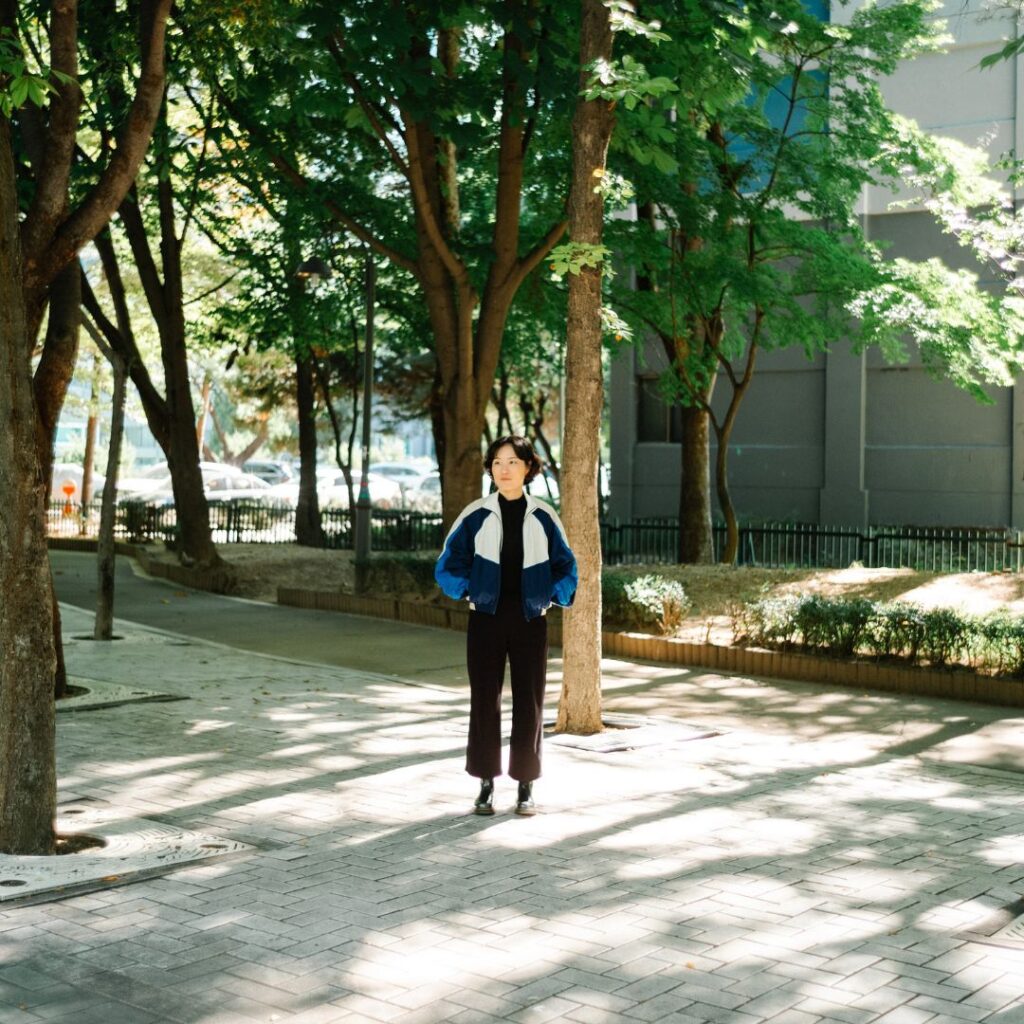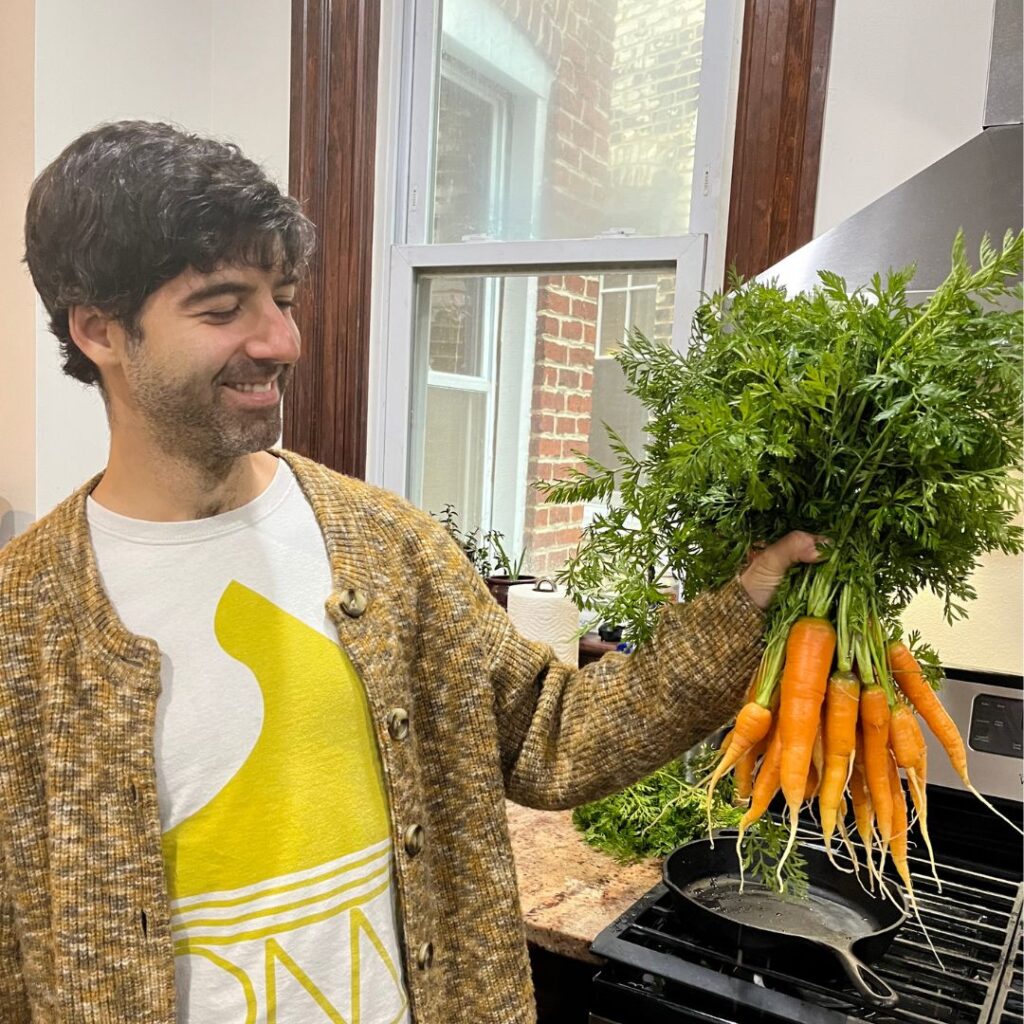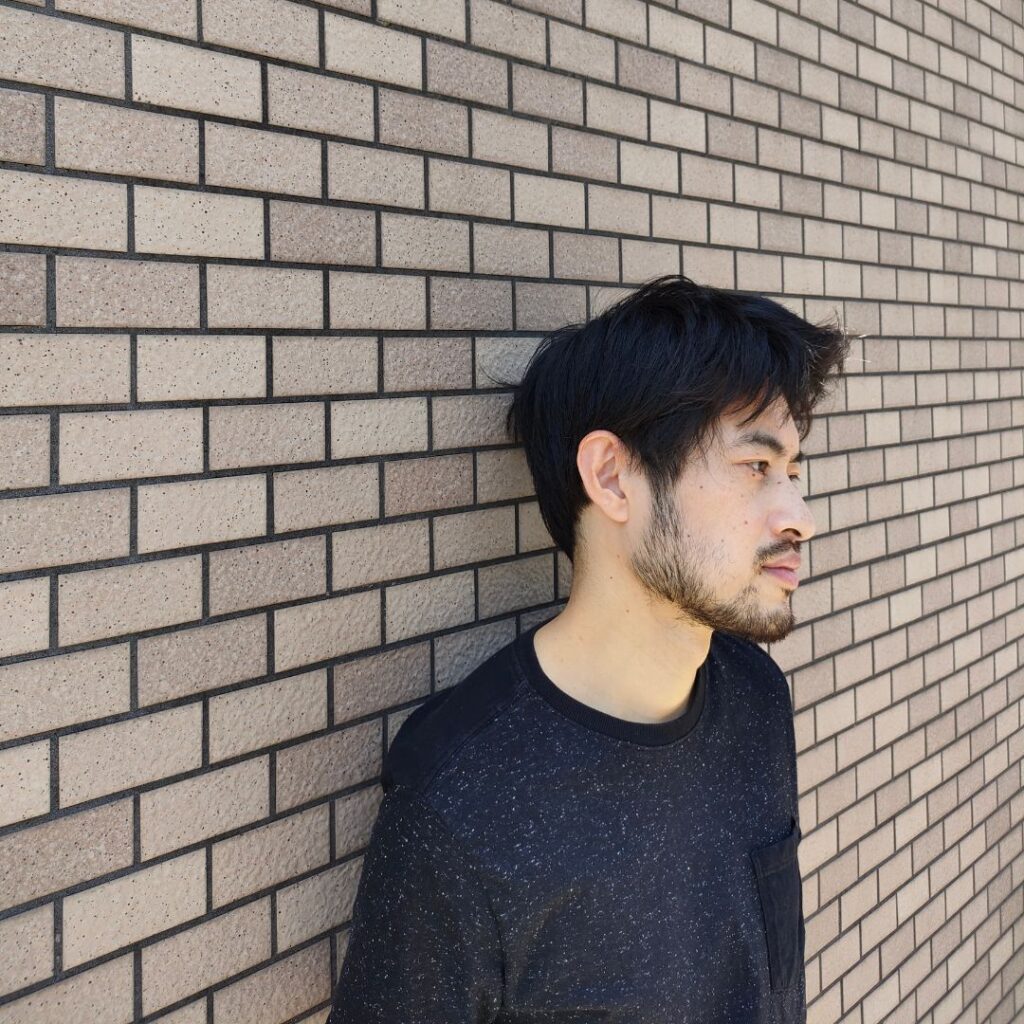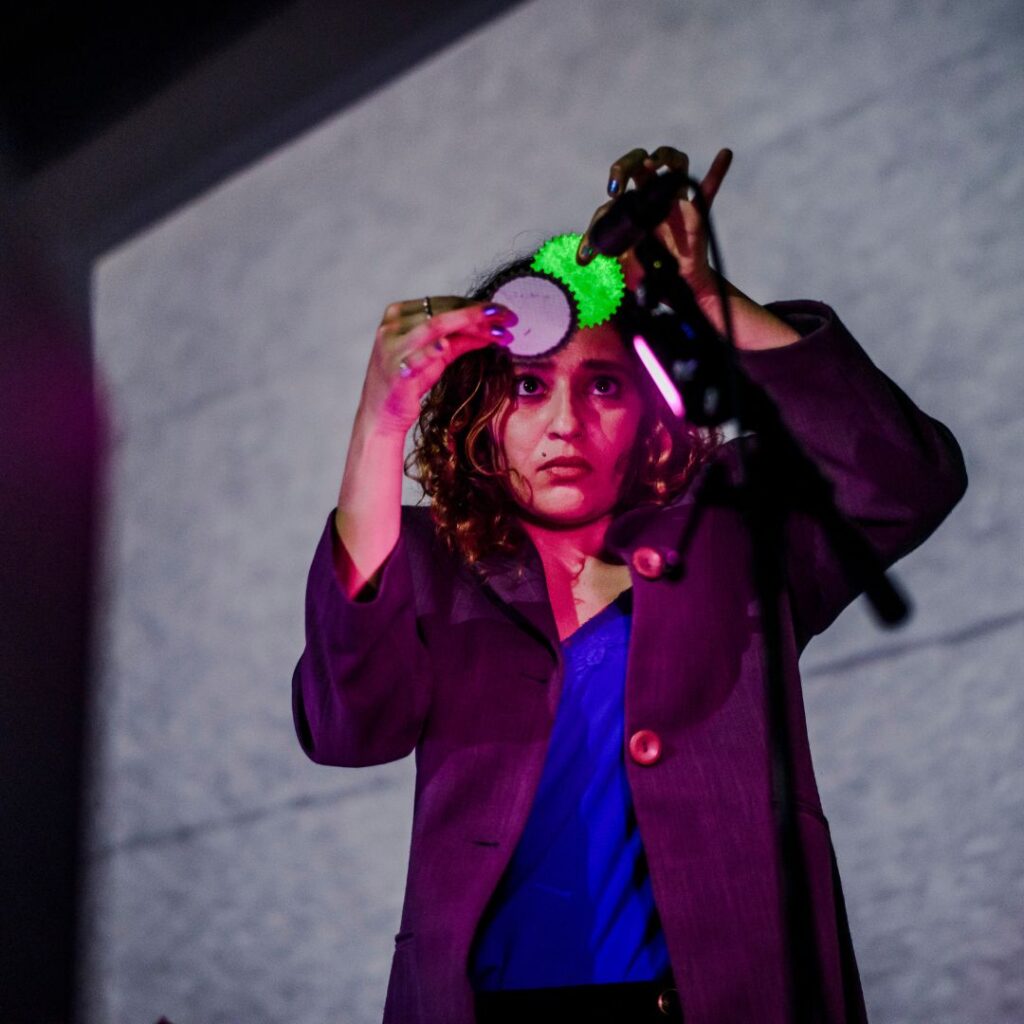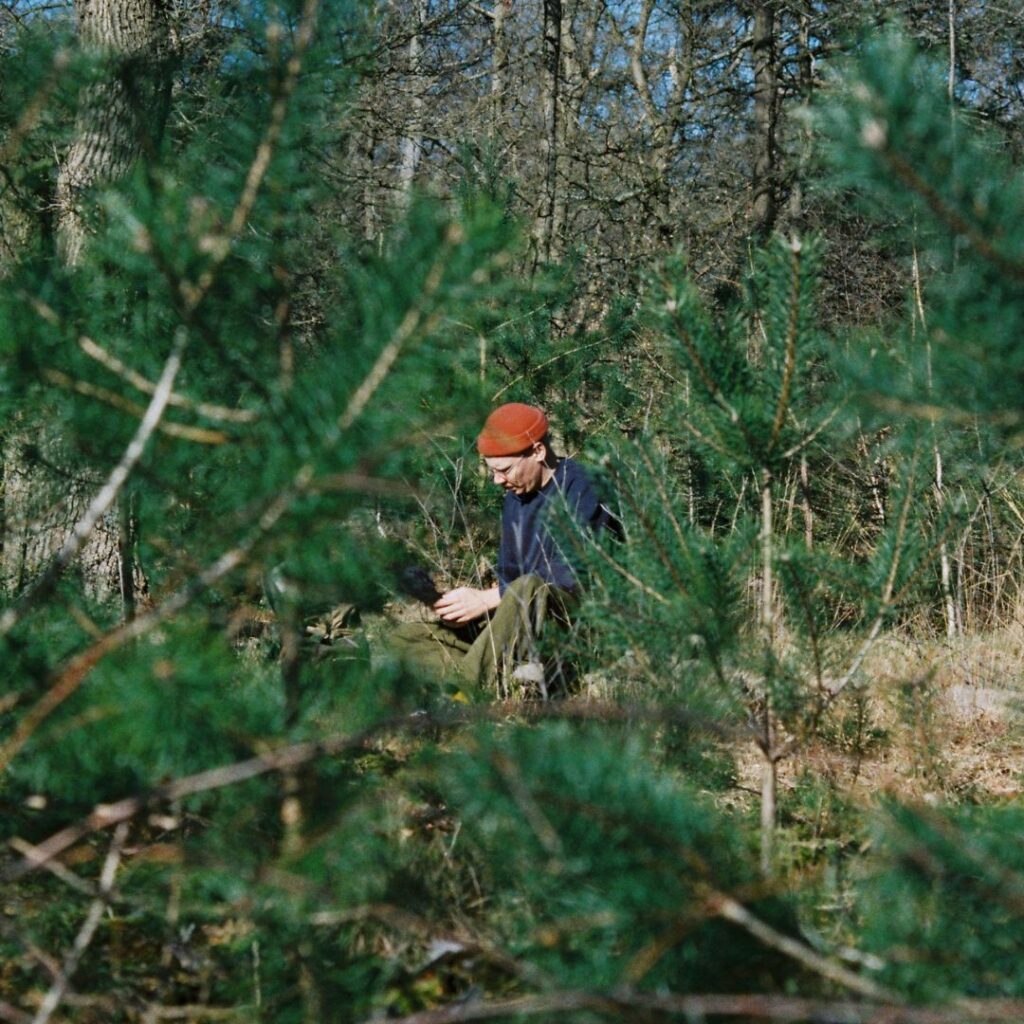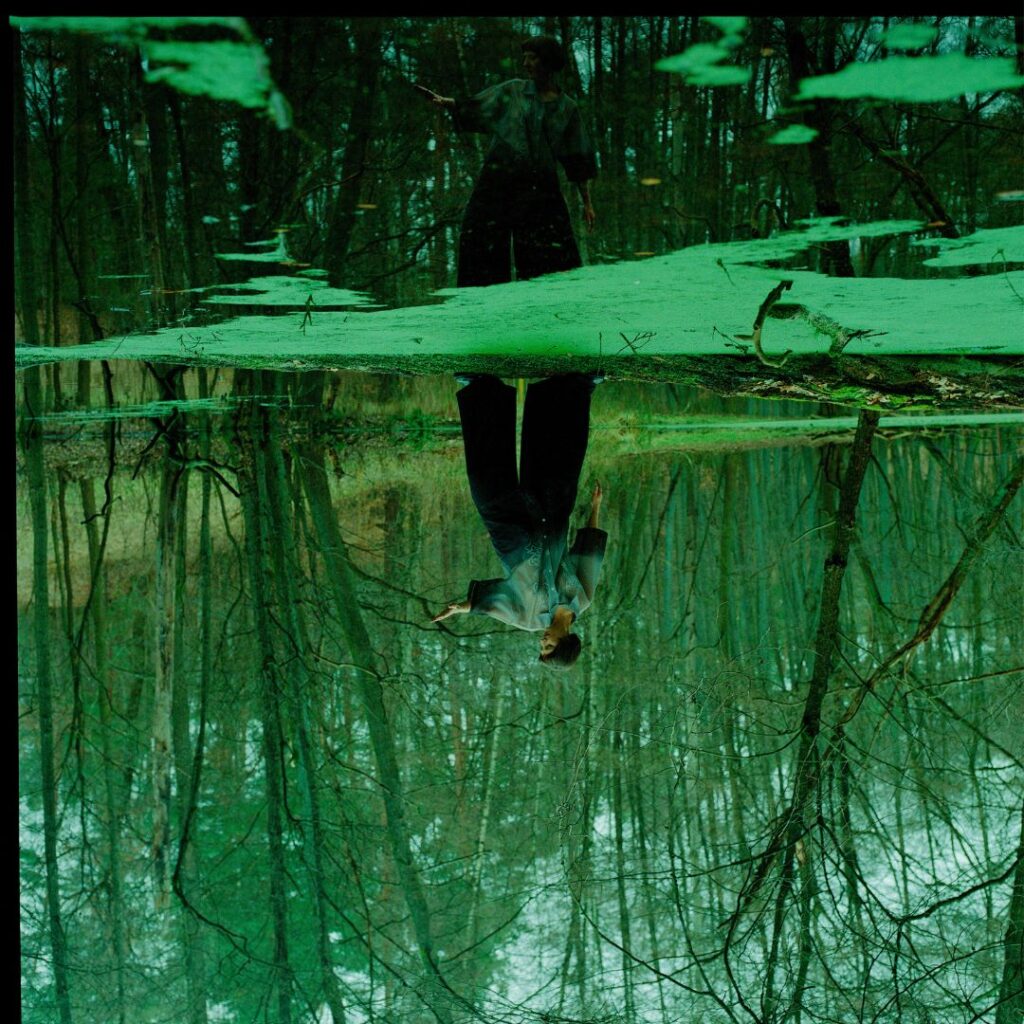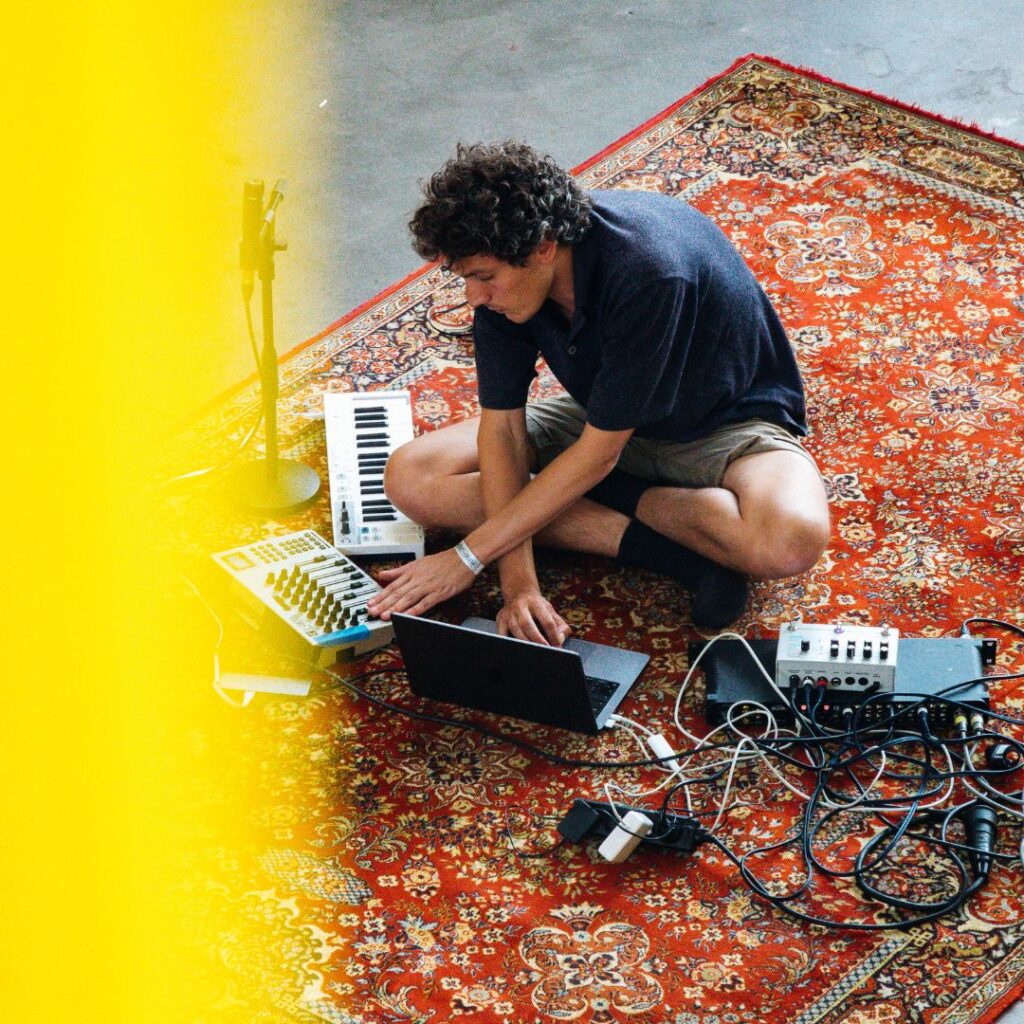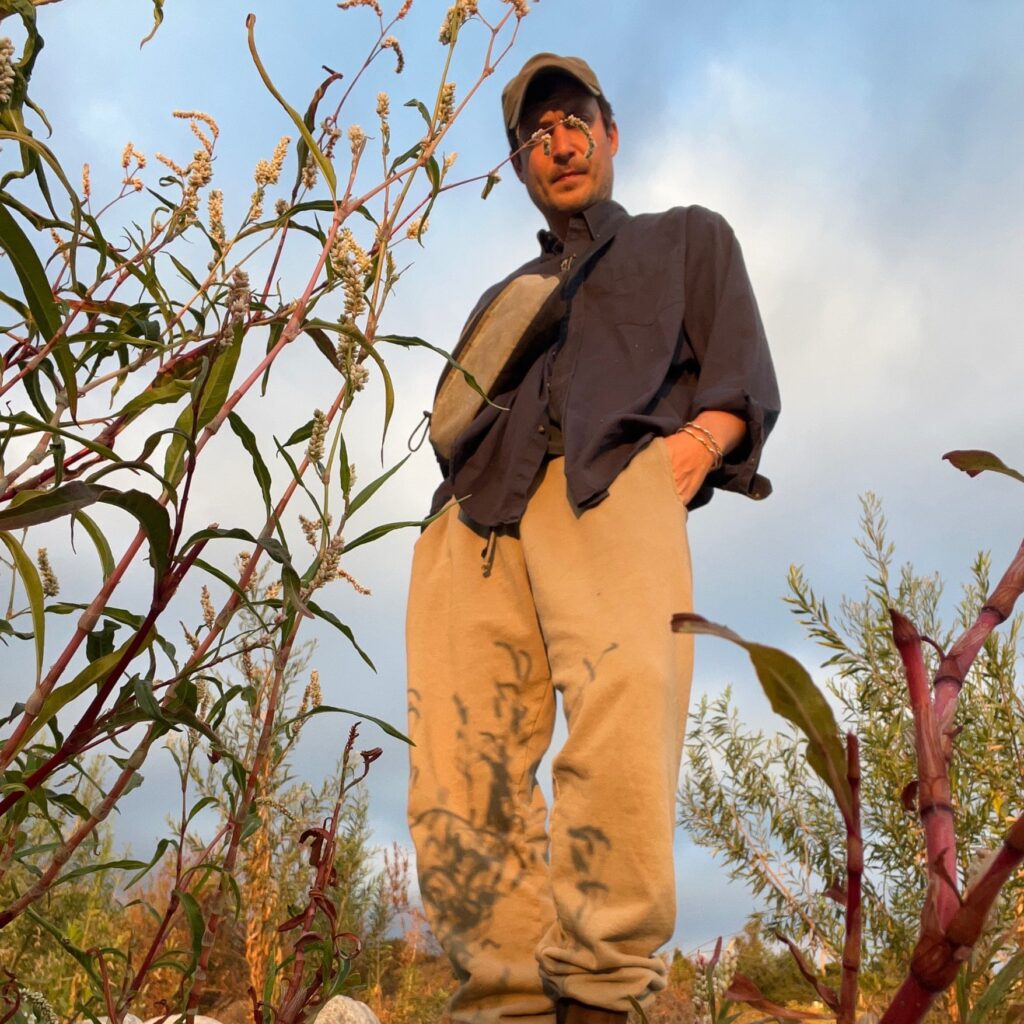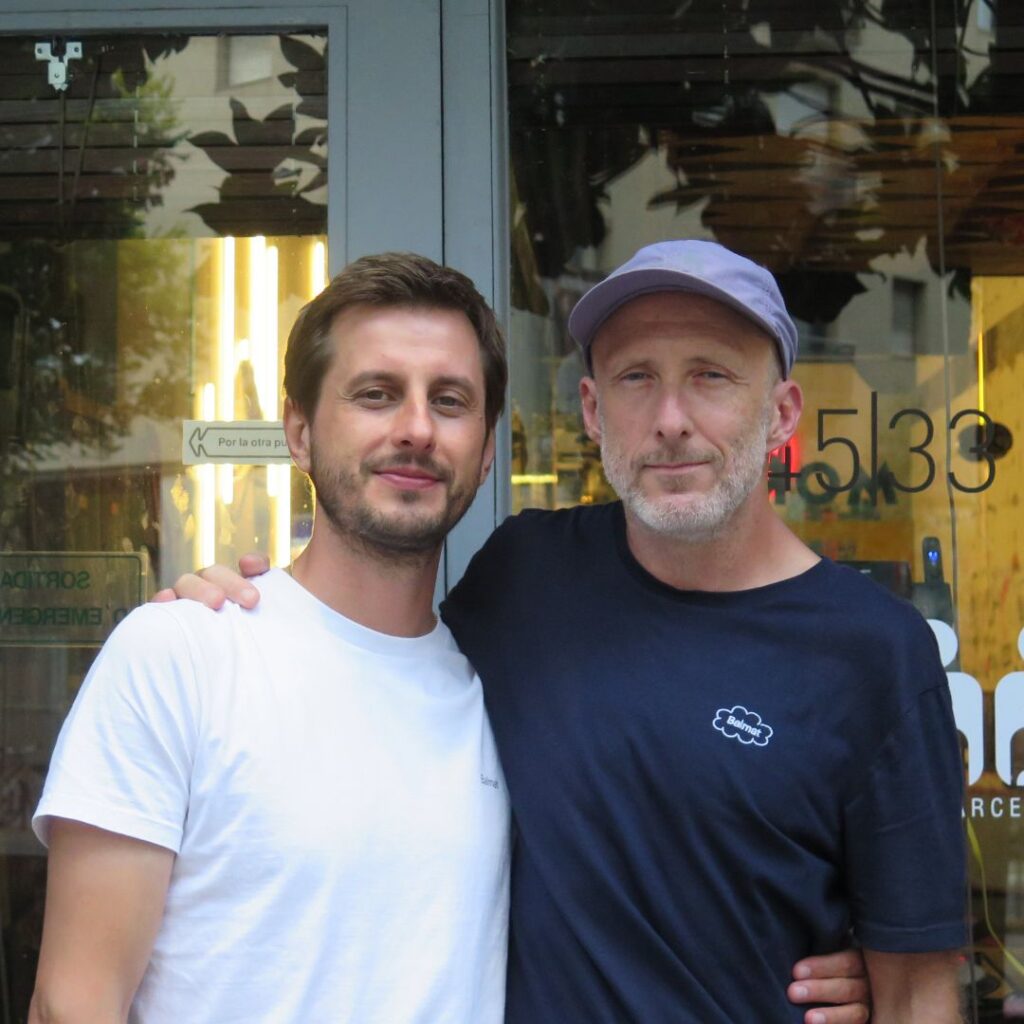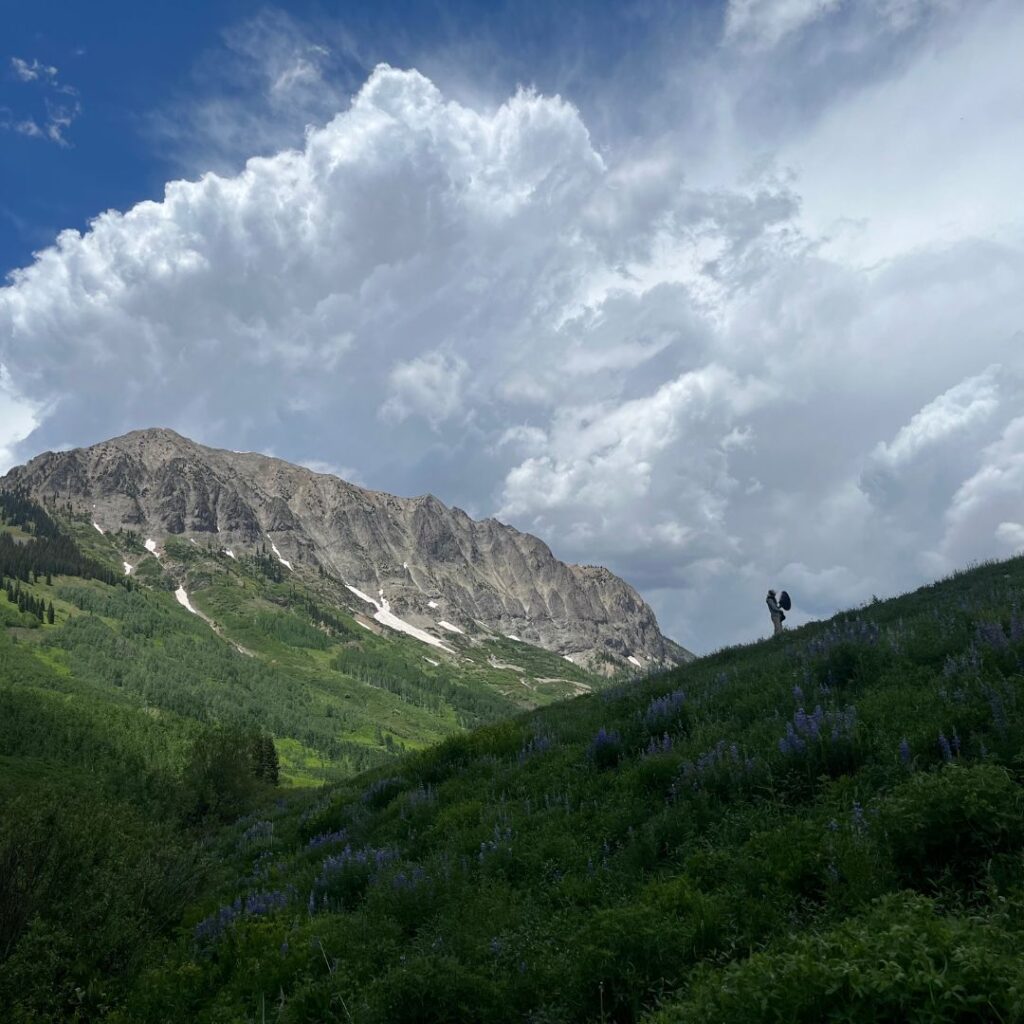Walking the frozen lake with Taylor Deupree
We often can find a sense of softness resting below the surface of tension, an equilibrium where unease and flow, movement and stillness, acceptance and inquiry meet. The practice of embracing these dualities with precision and curiosity, while leaning into life’s patterns and shadings, is a centerpiece for Taylor Deupree’s work and creative process.
With decades of experience both creating music and supporting other artists’ work as a mastering engineer, his creative work has evolved over the years through instilling change as an important counterpart to his craft. Whether introducing new instruments, switching locations, or exploring new parameters for collaborations, keeping an open mind to discoveries old and new is a common denominator in Taylor’s sonic approach.
We enjoyed speaking with him about integrity in music, finding the middle ground between control and spontaneity, and breaking patterns to find new musical paths.
You’ve been making music for decades. What does it take for music to still surprise you?
I think there are two parts to it: finding new music to listen to both within and outside of the genre I create and then finding new motivations to create, to inspire me to keep producing music.
It’s probably easier to answer the first part. My tastes in music have changed so much over the years. Like five years ago, I finally understood Radiohead. The band’s obviously been around for quite a while and though I didn’t get it at first, something just clicked, and now I love their music. Also, the stuff I listen to is mostly from the ‘90s, but I wasn’t really listening to it in the ‘90s. This music became new and exciting to me in the 2000s. Finding new things to listen to doesn’t always have to be about new releases. It can also be about discovering something old that is new to you. Although I can rarely just casually listen to a song, it’s difficult to turn off my “production ears.” I always tend to delve into what’s inside the song. I pick apart the production and pay attention to space, depth, what sorts of reverbs are used, compression techniques, and things like that. I imagine it’s the same for painters or writers. I doubt a writer can read a book and simply enjoy it without focusing on the technical process. It is difficult to shed your artist mind and simply enjoy.
As for my own music, it’s technology-based and there are always new instruments being developed and manufactured. As I am quite the studio geek, this is always a source of excitement. Music is also just what I do. I couldn’t imagine doing anything else.
It’s comforting to hear that music can still surprise and excite you after all these years. What challenges do you sometimes face when trying to create something new?
Right now, I’m struggling to find a new creative path and overcome writer’s block. I’m planning to make a new album and want it to be somewhat different, but I’m still figuring out how.
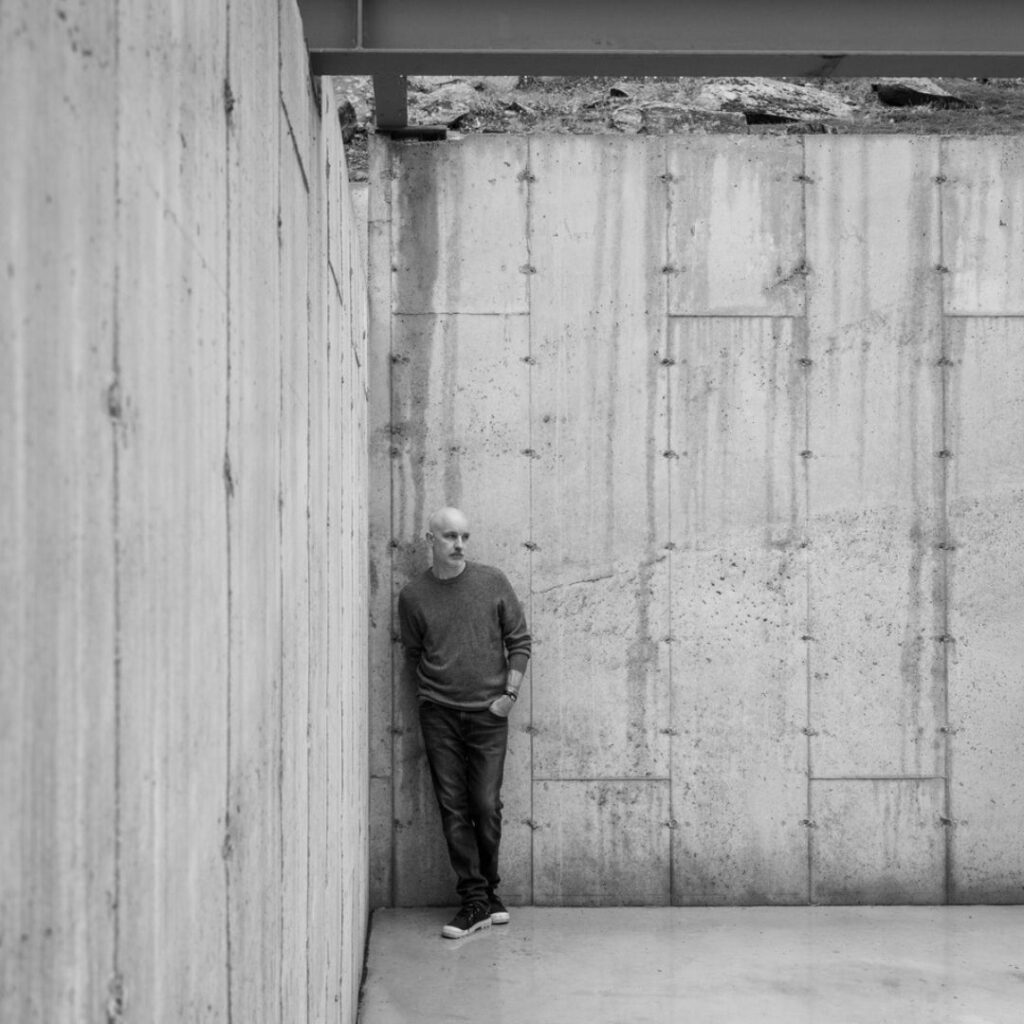
When do you know that it’s time to pursue another path musically?
It’s often an intuitive moment, from the feeling that I’ve thoroughly explored a particular territory over the past five or six years, which signals that it’s time to venture into something new. The process happens much smoother when collaborating with others, but working solo can be more challenging, as it’s easy to fall back into familiar habits. Breaking away from these habits is both important and challenging. Sometimes, introducing a new instrument or changing my location can be the catalyst for this change.
What are some of the habits that you consistently find yourself returning to?
There’s equipment in the studio that I tend to gravitate towards, and there are specific sounds I consistently seek out. It’s kind of a running joke I have with myself: Despite having various keyboards and synthesizers, I often program them all to sound the same. It doesn’t really matter what I use in the end, it kind of always sounds like me.
I try to break this pattern at times, by experimenting with different approaches. For quite some time now, I’ve stopped incorporating rhythm in my work, so introducing it again is always something that could potentially offer a different direction.
At the end of the day, I try not to be too upset about it too much when these habits recur. I feel like each album is really just a sort of a document of my life at that moment.
We’ve talked about hitting creative roadblocks, but what’s it like for you when you’re totally in the zone?
It feels like things are flowing, and I’m excited by what I’m creating. Sometimes there’s this buzz, a kind of electric excitement, when everything just seems to fall into place perfectly. This feeling often kicks off a snowball effect and once I’m in that zone, it just feels like everything flows pretty easily.
Although, I must balance this creative energy with the demands of my daily routine. As I’m frequently in the studio mastering other people’s music, I don’t always have the energy and desire to continue working on my own music afterward, especially during intense periods of mastering work. I really need to carve out days where I can focus solely on my own projects.
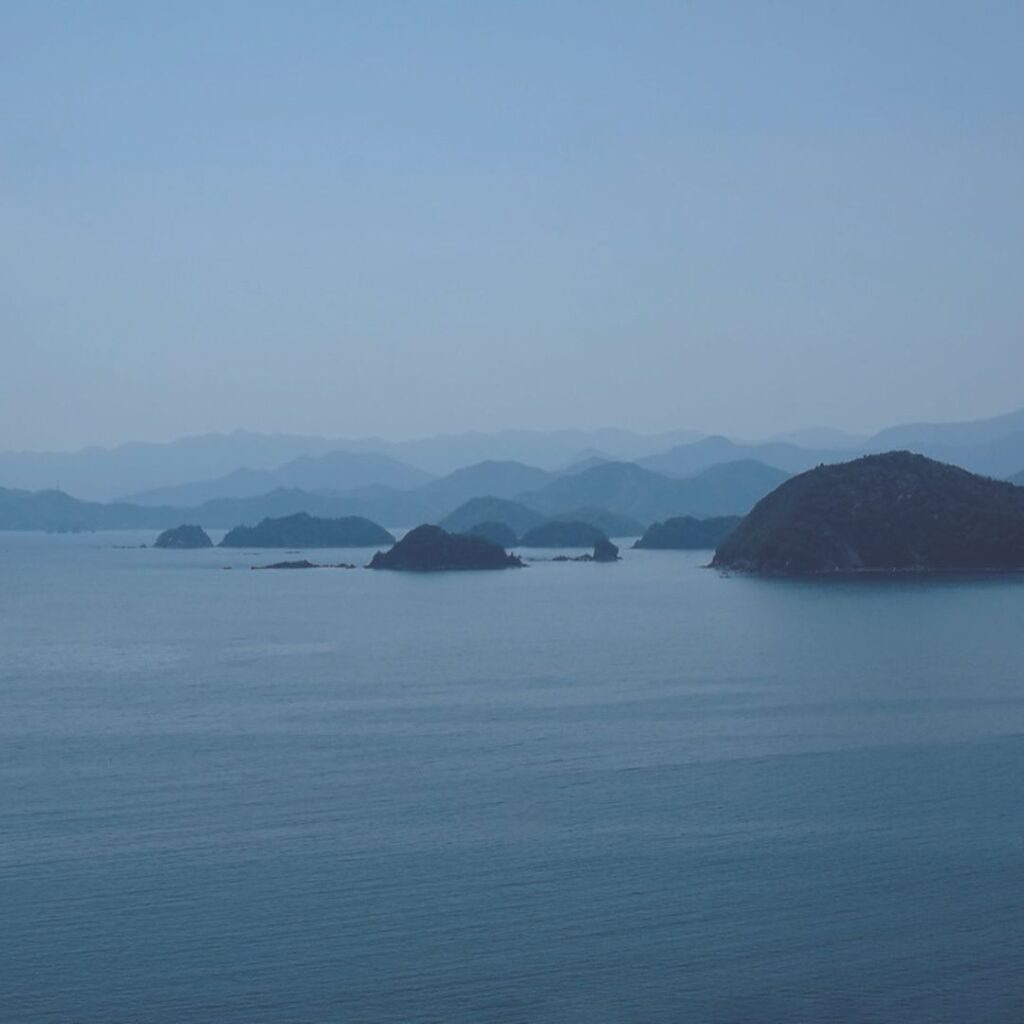
How do you maintain a clear distinction between these two facets of your work?
I’m actually in the process of building a second studio right now. It’s pretty much finished, and I’m waiting to move my equipment in. The plan is to use the current studio for mastering work, as it was designed, and the new studio for creative work. I think that having separate spaces is really going to help me differentiate those two parts of my musical life, as I won’t be coming into the same room to do everything. The new studio has been under construction for over a year, so it’s been a long wait. I think that’s also contributing to my current writer’s block.
Besides working on the new album, are there any other creative projects or collaborations you’re currently engaged in?
I’m currently collaborating with my friend, Marcus Fisher, on an exciting new project. We’re experimenting with bass guitar and drums, taking our music in unexpected directions. It’s sounding great – it still sounds like us, but in a refreshingly different way.
Do you and Marcus set specific intentions for your collaborations from the start, or do you lean towards a more spontaneous, in-the-moment approach?
Before starting this project, we both made a conscious decision to explore something new. We laid out the guidelines early on, but through working on it together, it just evolves. This time, we agreed to put our focus on percussion. Marcus’s studio is equipped with a lot of interesting, nontraditional percussion instruments, and he’s also really adept at drum recordings. So, we decided to begin there and just see where it leads us.
In collaborations, it’s perhaps easier to decide when a project is complete and ready for release. When it comes to your solo work, how do you determine when a piece is ready to be shared with the world?
Personally, I’ve never considered anything I’ve done to be truly finished. The possibilities for editing or revising seem infinite. Yet, during the creative process, there eventually comes a point where it simply feels complete, with nothing more to add and, more importantly, nothing more to take away. I enjoy stripping things down to their bare minimum, ensuring that only what’s necessary to express the music remains. And perhaps it’s only after five or ten years post-release that I consider a project truly finished. It’s too old by then and I just accept that it is what it is.
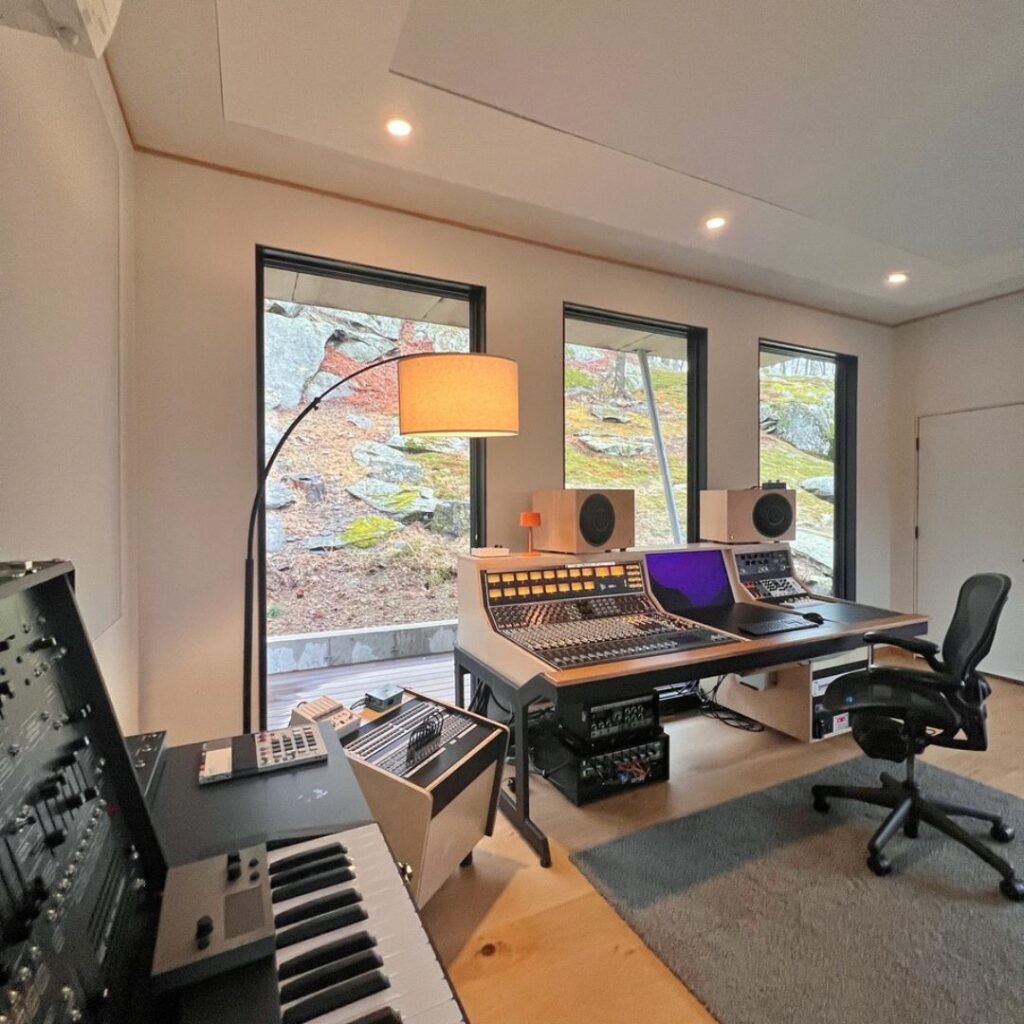
Do you think you’re tougher on yourself when creating your own music than when you’re mastering for others?
In mastering, there’s a sense of accountability toward someone else’s creation. It’s primarily a technical process, yet I do inject my own interpretation into it. My job is simply to refine and enhance a finished piece. Determining when it’s complete is relatively straightforward, as you can’t adjust every individual tiny detail of the instruments, vocals, and effects in a fully mixed song.
On the other hand, when creating my own music, I have control over every little sound. It’s easy to overthink the details, constantly questioning whether a particular sound should be quieter or louder. This is a stark contrast to past recording methods, where recordings were live to tape, and the performance was the final mix. Nowadays, every part of a sound can be adjusted, down to the most minute detail, making it much more challenging to decide when a piece is complete. I don’t necessarily think this is a good thing for music.
Ned Milligan once shared with us that you create music with integrity, which I found to be an interesting statement. What does it mean to you for music to have integrity?
Integrity in music, to me, means being honest and transparent. I strive to present my music and my label without any pretense. It’s about sincerity, a genuine expression without the need for hype or a false persona. I don’t do any of that. I’m open about my process and always willing to engage with others about it. Perhaps that’s what integrity in music means to me: being authentic and accessible, without hiding behind a facade or mystique.
How would you describe your music to someone who hasn’t heard it yet?
Fragile is a term I often use because it encapsulates what I aim for—an ambient quality with underlying tension. This tension is crucial to me. It’s like walking on a frozen lake, where the beauty of the moment is balanced by the risk of everything falling apart. I like to explore that balance in music, usually with things like noise, lo-fi, and degradation. There is a certain sensitivity but also a bit of precision in it as well.
This duality extends to my creative process. I’m meticulous and intentional in the studio, yet I also embrace accidents and randomness, incorporating them into my work. It’s about finding a middle ground between control and spontaneity, much like walking that risky, beautiful line on a frozen lake.
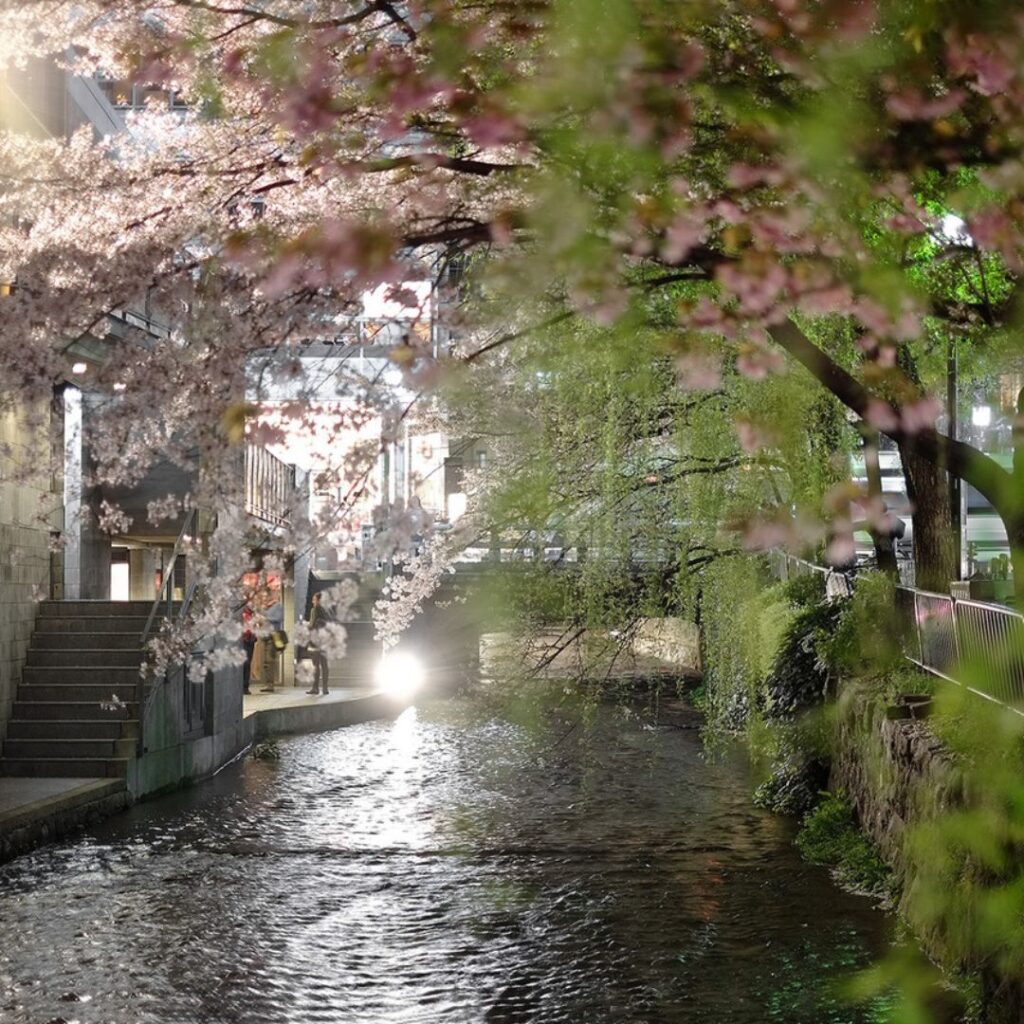
Your analogy of walking on a frozen lake resonates well. Do you often find yourself visualizing scenes like this when creating music, aiming to express them sonically?
Yeah, it varies from project to project. Some of my albums have been inspired by particular photographs or artworks. I often prefer to have the album title established before diving into the music, as it provides a visual anchor and guides the direction of the record.
For almost ten years now, I’ve been sitting on a collection of photographs taken in Japan that I’m eager to pair with music. I really like these photographs, but I haven’t found the right music yet to go with them. They are always in the back of my mind.
I’m really interested in minimalist and brutalist architecture, concrete and cold structures, but also traditional Japanese gardens and domestic architecture. Those things are really inspiring to me. I also love the Icelandic landscape. I feel it suits my music almost perfectly, being both beautiful and harsh. Not that my music is harsh, but, you know, beautiful and a little bit isolated, a little bit dangerous.
Do you already have a title for the next album you’re working on?
No, not yet. I’ll likely need to come up with a title or album cover soon. Perhaps the new studio will spark the inspiration I need, but I am not too upset about it. It will come to me when the time is right. Every day, I’m tinkering with sounds, experimenting with new equipment like a new looper, which I recently brought into the studio. Ideas often start small but can grow into something significant. While there’s pressure to meet deadlines, I appreciate the freedom to explore and create without feeling constrained or rushed.
Finally, do you have any tips on how one can listen better?
For me, listening better involves recognizing the importance of sound, not just in music but in everyday life. I instilled this lesson in my kids from a young age, encouraging them to walk with their ears, not just their eyes.
